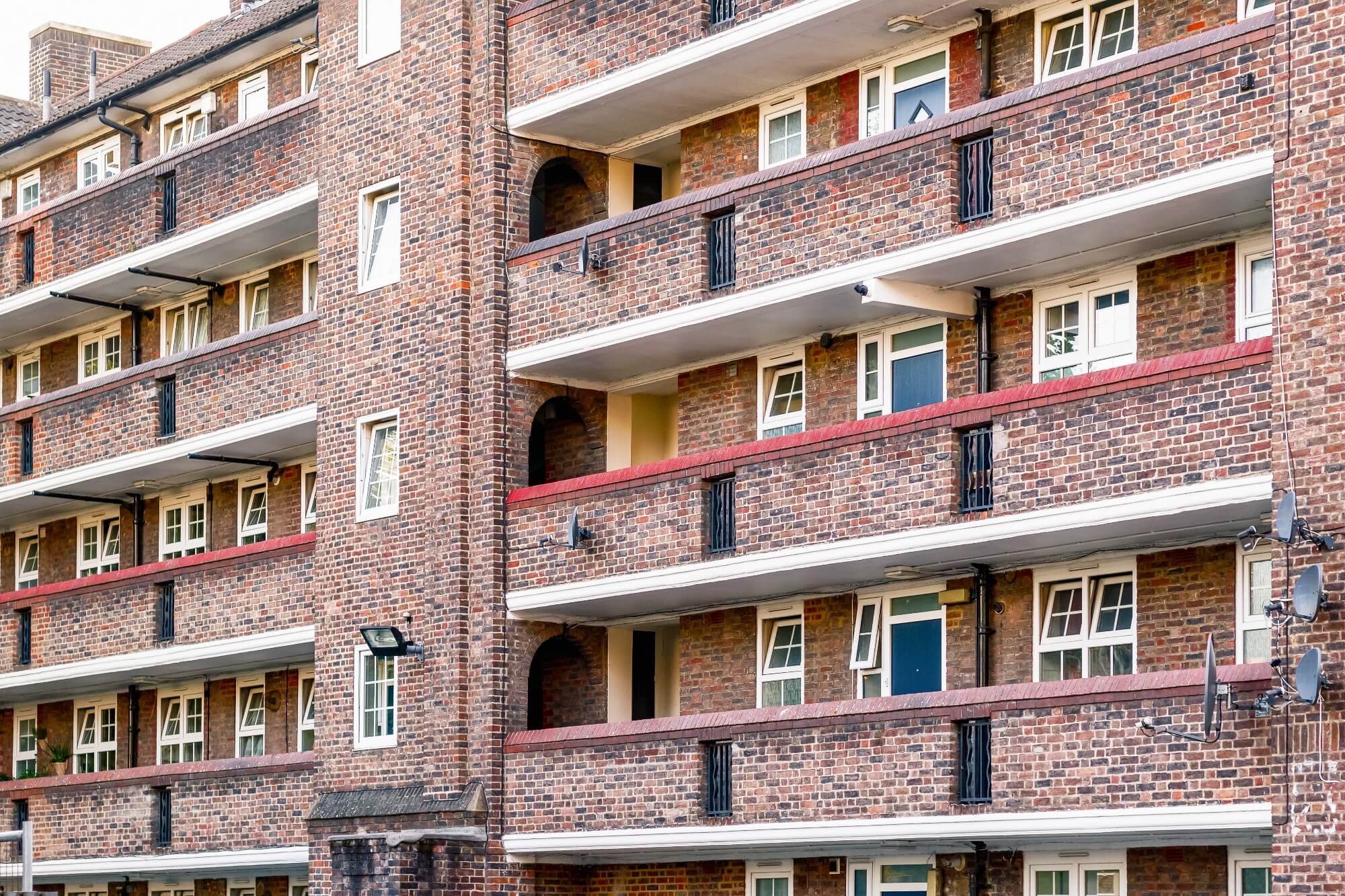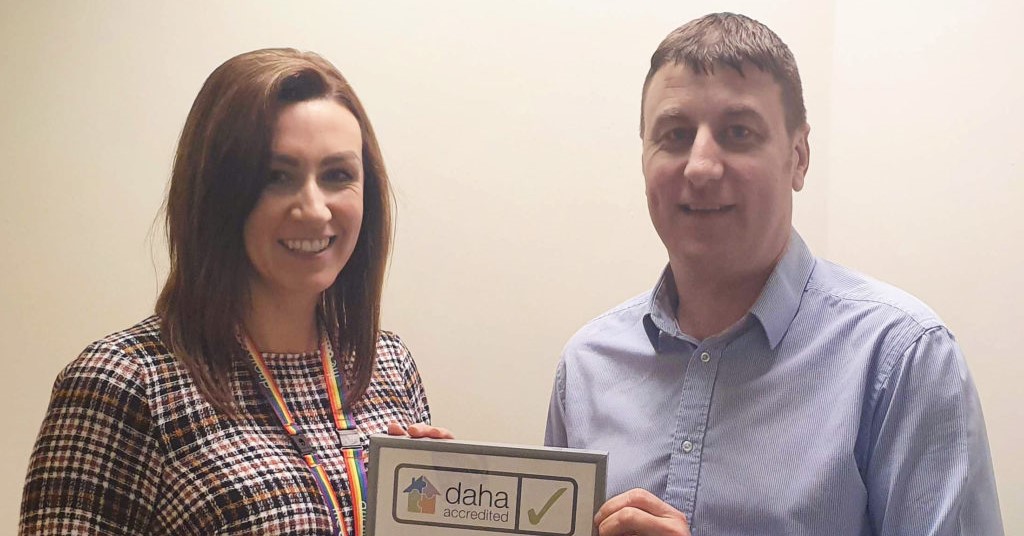DAHA: Improving Responses to Domestic Abuse Across the Housing Sector
Rebecca Vagi, Manager of the Domestic Abuse Housing Alliance (DAHA), discusses how housing associations can improve their responses to domestic abuse.
Housing associations across the UK have been housing those most in need since the nineteenth century and with the current housing crisis, their contributions are needed more than ever. However, with the current conversation in housing mainly focused on supply, it’s easy to lose sight of what more needs to be done beyond development. Many housing associations provide safe, secure homes and invaluable support services for their tenants. However, one of the key service gaps is effectively responding to domestic abuse. Currently 1.2 million women and 700,000 men experienced domestic abuse in the year ending March 2017 (ONS, 2017). On average two women are killed by their partner or ex-partner every week in England and Wales (ONS, 2018).
A consistent finding emerging from domestic homicide reviews where a social housing provider is involved is that opportunities to identify abuse and intervene early are missed due to misunderstandings about domestic abuse (Standing Together, 2019). A recent survey of housing providers in England found that while most respondents did respond to domestic abuse it was often framed as part of anti-social behaviour response and not as a bespoke response to domestic abuse, with almost 65% of providers stating it sat within ASB in their organisation. The consequence of this is that people experiencing domestic abuse are often labelled as part of the problem, which prevents them from reaching out for help.
Action is needed now. Housing providers are uniquely placed to respond to domestic abuse as they can form trusting relationships with their tenants, spot the signs earlier and offer safe interventions. The Domestic Abuse Housing Alliance (DAHA) is a partnership project between Standing Together Against Domestic Violence (STADV), Peabody and Gentoo, which launched in 2014 and was designed to enable housing providers to enhance their responses in line with recommended best practice and legislation. DAHA’s mission is to improve the housing sector’s response to domestic abuse through the introduction and adoption of an established set of standards and an accreditation process.
DAHA accreditation is underpinned by 8 priority areas to enable housing providers to have systems in place to effectively respond to domestic abuse. The accreditation has been found to have many benefits, including improving staff confidence in identifying and dealing with domestic abuse, and ultimately saving lives through an improved organisational response to individuals experiencing domestic abuse. DAHA is part of the Government’s Ending Violence against Women and Girls Strategy: 2016 to 2020 and was cited in the Domestic Abuse Bill as a group who play an important role in tackling domestic abuse.
Domestic abuse can be prevented, and DAHA accreditation is one step forward in doing this. If you would like to find out more please visit DAHA’s website or follow them on Twitter.



.jpg)